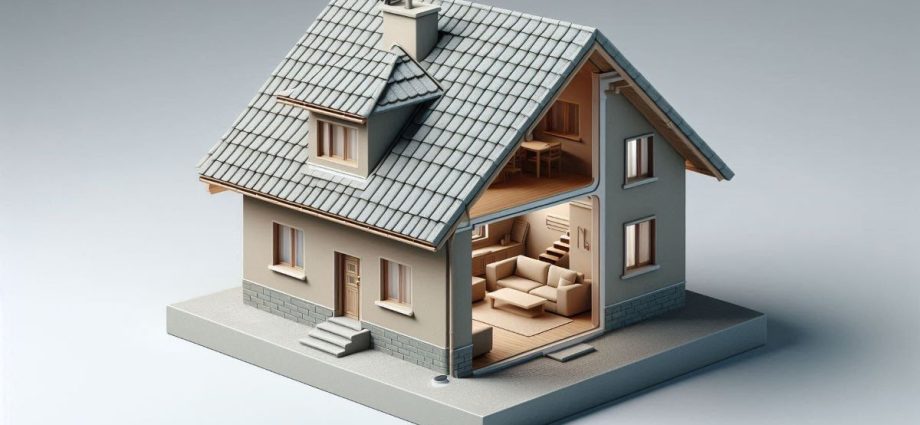Roof tiles are essential components of roofing systems, designed primarily to protect buildings from precipitation such as rain and snow. Traditionally made from locally sourced materials like clay and slate, modern roof tiles can also be constructed from concrete and plastic. Their installation involves overlapping tiles that can be secured using screws or nails, although some designs, such as Mangalore tiles, utilize interlocking systems for added stability. Roof tiles not only enhance the aesthetic appeal of structures but also offer durability, with many types lasting over 50 years. They are also environmentally friendly, as they are made from natural materials and can be recycled, contributing to reduced waste and energy efficiency in buildings.
Roof Tile Types
Cement Roof Tiles:
Concrete roof tiles are a durable and cost-effective roofing option made from a mixture of sand, cement, and water, often enhanced with iron oxide for color. They have gained popularity due to their versatility in design, resembling traditional clay tiles while offering superior weather resistance and fire safety. With a lifespan of 30 to 50 years, concrete tiles require minimal maintenance and can withstand harsh conditions, including high winds and hail. However, their significant weight necessitates proper structural support during installation, making them suitable for various architectural styles but requiring careful consideration of the underlying roof structure.
Concrete Roof Tile Manufacturers:
Metal Roof Tiles:
Metal roof tiles are a durable and long-lasting roofing option that combines the classic look of traditional tiles with the strength and durability of metal. They are available in a wide range of colors and styles, allowing homeowners to choose a look that complements their home’s architecture. Metal roof tiles are highly resistant to weather elements such as heavy rain, snow, and high winds, making them suitable for various climates. While they may have a higher initial cost compared to other roofing materials, metal roof tiles can last for 40 to 70 years with proper maintenance, making them a cost-effective choice in the long run. However, metal tiles can be prone to dents, especially in areas with frequent hailstorms, and may create a drumming sound during heavy rain or hail.
Metal Roof Tile Manufacturers:
Clay Roof Tiles:
Clay roof tiles are a traditional roofing material made from natural clay that has been molded and fired in kilns, resulting in a durable and aesthetically pleasing product. Known for their longevity, clay tiles can last between 30 to 50 years or more with minimal maintenance, making them a reliable choice for homeowners. They are available in various shapes and colors, allowing for customization to suit different architectural styles. Additionally, clay tiles are fire-resistant and have a low water absorption rate, which helps prevent water damage. Their energy-efficient properties also contribute to cooler indoor temperatures in hot climates, enhancing their appeal as a sustainable roofing option.
Clay Roof Tile Manufacturers:
Plastic (Mineral Polymer) Roof Tiles:
Plastic roof tiles, also known as polymer tiles, are a modern and innovative roofing solution that offer several advantages over traditional materials like clay or concrete. Made from a combination of sand, polymer resins, and pigments, plastic tiles are highly durable and resistant to harsh weather conditions, including sharp temperature changes, frost, and UV radiation. They are lightweight, weighing around 20 kg/m² compared to 55 kg/m² for cement tiles, making them easier to install and reducing the load on the roof structure. Plastic tiles are also waterproof, preventing the growth of fungi and moss, and are easy to clean. With a lifespan of over 100 years and a lower price point than traditional tiles, plastic roof tiles are a cost-effective and eco-friendly option that maintains an attractive appearance without discoloration over time.





